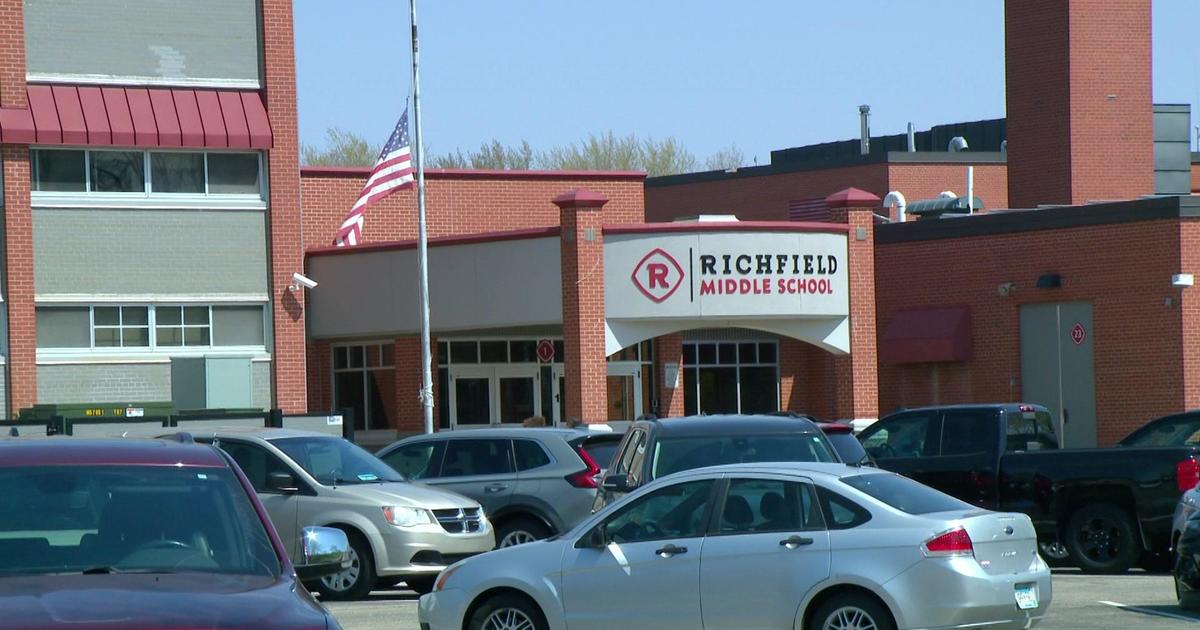Pollen Season 3 Weeks Longer Than The 90s
MINNEAPOLIS (WCCO) -- If your allergies have been bugging you a lot lately, there's a reason. The ragweed pollen season is expected to peak in early September, according to the Minnesota health department.
If you've noticed you've been sniffling a bit more lately, you can thank our changing climate, which the health department says has extended ragweed pollen season to be about three weeks longer than it was in the mid-'90s.
"There is increased temperatures and green house gasses and that's leading plants to produce more pollen and actually more allergenic pollen than they produced in the past," Wendy Brunner, manager of the MDH's asthma program, said.
Brunner says other than allergy sufferers, people with asthma and obstructive pulmonary disease are also affected. But there are steps you can take.
"You can limit your outdoor activities when pollen levels are high. Or when you come back in take a shower," Brunner said.
Closing windows and running the air conditioner in your home or car can also lessen exposure to pollen. And don't forget sunglasses -- they proven pollen from getting into eyes.
Of course plenty of people take medication, like Kevin Cheney, who uses a nasal spray. He says it's a small price to pay to put the top down on his convertible on a gorgeous September day.
"You're getting all the tree falling and everything but I love it though I love getting the sunshine and stuff," Cheney said.
Fun fact: there are three different allergy seasons in Minnesota. The first is tree allergy season in the spring. Next is grass during mid-summer. Right now, we're in the weed allergy season.
Allergies should end with the first hard frost. So if you hate winter, that's at least one good thing that comes out of it.



